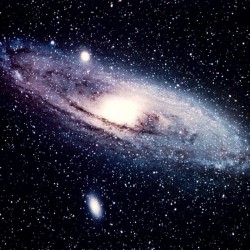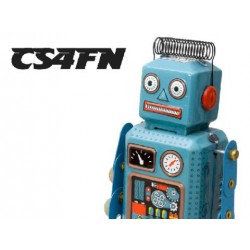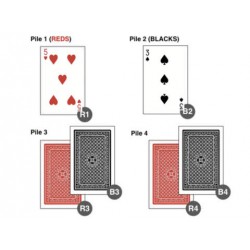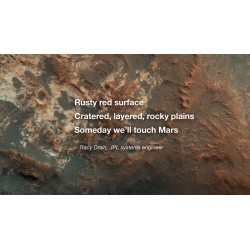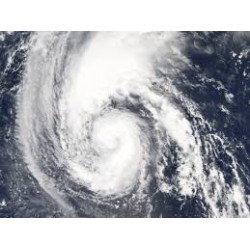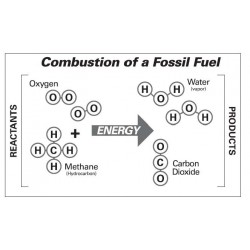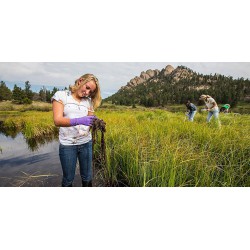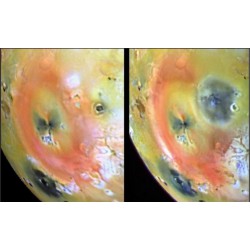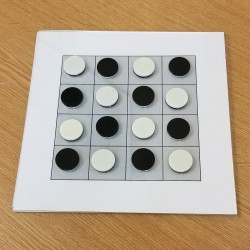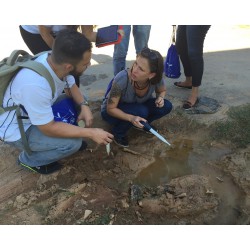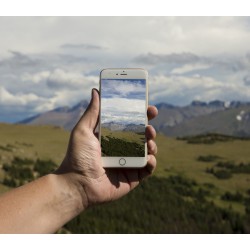Sort
Activities for Adults There are 21 items.
These activities are suitable for all age groups, including adults!
-
Sorting Games: How Big? How Far? How Hot?
3 Review(s)This NASA@ My Library Activity Guide will help library staff facilitate these sorting activities in large or small groups, with patrons from Pre-K to adult. 29595
Check It Out
How-to Video -
Create a Face: Programming an Emotional Robot
Patrons explore conditional programming language using a robot face made out of cards and other props 0
Check It Out
How-to Video -
The Red Black Mind Meld
Patrons learn about algorithms in a card game that appears to be magic, but is actually a mathematical model! 0
Check It Out
-
Planetary Poetry
This STEAM activity provides guidance and examples for using NASA missions and discoveries to get patrons writing poems to share their knowledge of or inspiration about these topics 0
Check It Out
-
Analyzing Hurricanes Using Web and Desktop GIS
Patrons use a database from NOAA to map hurricanes from different decades, and then build their own map using data from National Atlas to learn about how hurricanes form 0
Check It Out
-
Chemistry of Burning
Patrons explore the chemistry of fossil fuel combustion by building carbon molecules out of foam balls and pipe cleaners 0
Check It Out
-
Citizen Science: NOAA Projects
Interested in getting involved in a "citizen science" project? This activity offers several ways to get involved in projects with the National Oceanic and Atmospheric Administration (NOAA) that support authentic learning! 0
-
Anomaly Adventures: Through the Eyes of a Computer
Patrons compare images to find the differences to learn about the process of "anomaly detection," and how scientists use this process to explore the Universe and study our own planet 0
Check It Out
-
Flip-the-counters Puzzle
This puzzle challenges players to flip sixteen counters, which are black on one side and white on the other, into an alternating pattern -- in the fewest number of moves. 0
Check It Out
How-to Video -
"Shannon Switching Game"
Two players play a strategy game where one player joins points on a simple map, while the other player blocks the path by "cutting" the lines. 0
Check It Out
How-to Video -
GLOBE Observer: Mosquito Habitats
This citizen science toolkit of resources and activities will support your library in mapping and collecting data about mosquito habitats in your area. 0
Check It Out
-
GLOBE Observer: Land Cover
This citizen science toolkit provides resources and activities for collecting data and learning about how different types of land cover could increase a community's risk of natural disasters, such as flooding. 0
Check It Out



